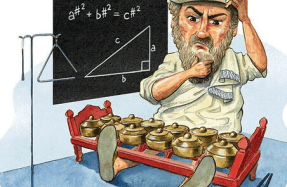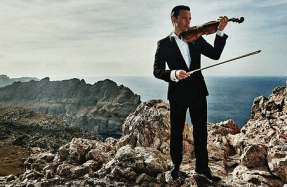The Ballet MASTER

I love ballet and am more interested in it than anything else.’ When Igor Stravinsky wrote ‘Ilove these words in 1911, he was basking in the afterglow of the phenomenal success of his early ballets The Firebird and Petrushka. But this commitment to ballet remained with the Russian composer for life. Indeed, it became the focal point of his creativity and resulted in him composing a dozen highly distinctive ballet scores spanning a period of over 40 years, as well as many other works for the stage in which dance played an important role.


THAT WRITING BALLETS assumed such importance for Stravinsky is all the more remarkable given the generally low status that had been accorded to the medium during his formative years. With the obvious exception of works by Tchaikovsky and Glazunov, ballet scores of the late 19th century were generally blighted with insipid, vulgar or inconsequential music that bore little relationship to what was happening on stage. Ballet plots were no better, beset as they often were with inane scenarios that were more concerned with spectacle than dramatic coherence.
All this changed with Stravinsky. Under the charismatic influence of Serge Diaghilev and his Ballets Russes, the composer collaborated with a host of inspirational creative figures, from Fokine, Benois, Nijinsky and Balanchine to Bakst, Goncharova, Matisse and Picasso, and elevated ballet into a dazzling and vibrant medium of artistic expression. critic, reviewing the Ballet Russes’s appearances at Covent Garden in 1913, vividly communicated what was so novel and exciting about their achievements: ‘The Russians have endowed us with a new art whose sense lies in the harmonious and free cooperation of men of the greatest distinction and daring in the four arts which go into the making of ballet. Music, colour, the poetry of original literary thought and the poetry of motion have never been so united, each indispensable, each illuming the others as by this company of great artists.’
You’re reading a preview, subscribe to read more.
Start your free 30 days



